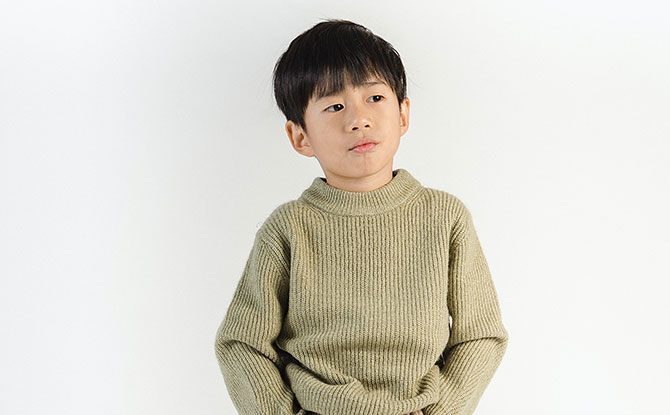
If you have heard of Dr Thomas Boyce’s research regarding children’s sensitivity to their environments, you would have heard of two categories of children according to flowers: Dandelions and Orchids.
Children’s Sensitivity to Social Environments
Dr Boyce’s research addresses differences in children’s responses and sensitivity in different social environments. “Orchid children” tend to be more sensitive to their environments, with larger risks of illnesses and disorders when facing stress. “Dandelion children” describes most children, who are quite resilient.
The Orchid and the Dandelion

First, how do parents determine what kind of flowers their children are? We wouldn’t be too quick to put them in a box. Having a deeper knowledge of what our child is like can help us to parent better. Dr Boyce’s research could be a helpful guide in addressing needs of our children.
Most children tend to be “dandelions” – resilient, able to cope with stress and adversity. They are able to thrive in many different environments. Less anxious, more adaptable and generally more easy-going, “Dandelion children” are not easily affected by stress or trauma. They are also less responsive to positive initiatives such as anti-bullying campaigns.
Year-end Holiday Camps: Discover Fun and Exciting Camps for Kids; Book Early
Dec Fun: Get the Best Ideas for the School Holidays
On the other hand, “Orchid Children” are more sensitive to their environments. They can get easily anxious, overwhelmed, sensitive when responding as they are “highly tuned” into their environment according to Dr Boyce’s research.
They may find clothes tags too itchy, sounds too loud, smells too strong, food tastes too bad and are more likely to have allergies and skin problems. But they are very bright and able to have heightened sensory responses. About one in five children tend to be “orchids”.
Because of the “sensitivity” of orchids, they are vulnerable when facing adversity but can be highly creative and successful with supportive environments. Take heart if you have an “Orchid Child”, there are ways to manage these sensitivities.
How do We Sensitively Parent Our Sensitive Children?

If you have got an orchid on hand, your child has immense potential to do very well because of his or her sensitive nature. If you have a dandelion, your parenting duties might be a tad easier but you may have to dig deeper to elicit the right responses and keep working on encouraging empathy.
1. Accept your child
Whether they are less or more sensitive, let’s accept our children whole-heartedly. Embrace their flaws, help them to develop the dispositions that are lacking such as resilience. Keep working on it to encourage strengths. But by accepting them as they are, they are also learning to accept and love themselves. A positive self-image is vital.
2. Set boundaries with and for your child
Your sensitive child should be taught to establish boundaries. Staying around people she is not comfortable with, or interactions she does not enjoy are some instances to set the boundaries. If there is teasing, bullying or abuse, the child should learn to set boundaries to prevent being overwhelmed. Similarly if you have a Dandelion Child, teach him or her to be attuned to preferences of their friends.
3. Create a peaceful home environment
Orchids need tender loving care and so do “Orchid Children”. A positive, calm home environment can be created with positivity, routines and good relationships with gentle discipline. Think twice about using corporal punishment on “Orchid Children” – it might have more adverse consequences. Avoid harsh scolding, yelling and punishments, choose more rewards and know that Orchid children are intuitive. Talk about emotions and empathise with them if they make mistakes.
Prepare your child for situations that could cause distress. Be it a playdate, party, school, presentations – ensure that the child know what is to come, prepare your child mentally so that it reduces the stress prior to the event. “Orchid children” need more space to perform activities on their own. Giving them some time to do that, and allocating time in routines can help lessen the distress.
5. Give Emotional Support
Sensitive children can express their emotions well and very easily. Help them to process the emotions and validate them. Be there for them and give them the emotional support they need since they tend to feel deeply.
Every Child is Unique
Every child is unique and has differing personalities and characteristics. Embrace them for who they are, whether they may be sensitive or free-spirited. Their perceived “weaknesses” can be strengths if you harness them well. As parents, we know our children best so let’s help them thrive to the best of their abilities.


















